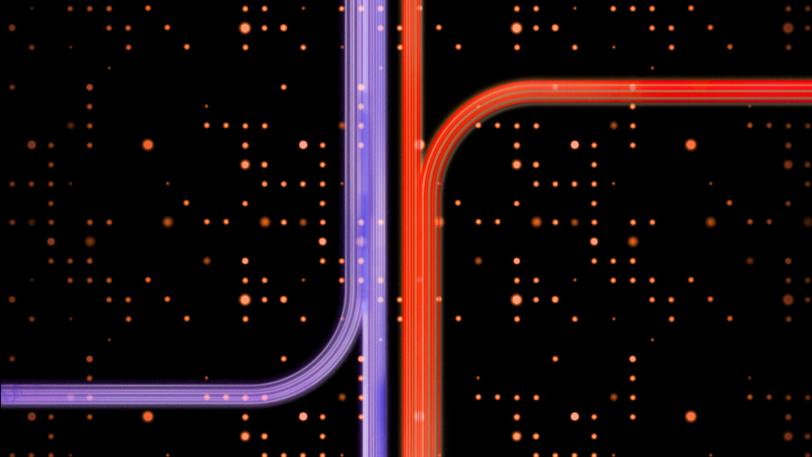For the past 60 years, progress in information technology has been governed by Moore's law, which states that the number of transistors on a semiconductor chip doubles every 18 months. However, this remarkable trend is drawing to a close, mostly because the electrons that carry current in chips move like cars driving through a crowded marketplace, swerving around obstacles and dissipating too much of their energy as heat. The recent discovery of a new state of matter – the topological insulator – may lead to a new paradigm of information processing, in which electrons moving in opposing directions are separated into well-ordered lanes, like automobiles on a highway. This talk will explain the basic principles behind this amazing discovery.
TICKETS ARE REQUIRED
Please note that seating is limited and online registration is required in advance of this talk.
If you register and later find you are unable to attend, we ask that you cancel your registration to make room for those on the waiting list.
Tickets for this lecture are sold out, but we will be streaming the lecture live for those who are unable to attend in person.
